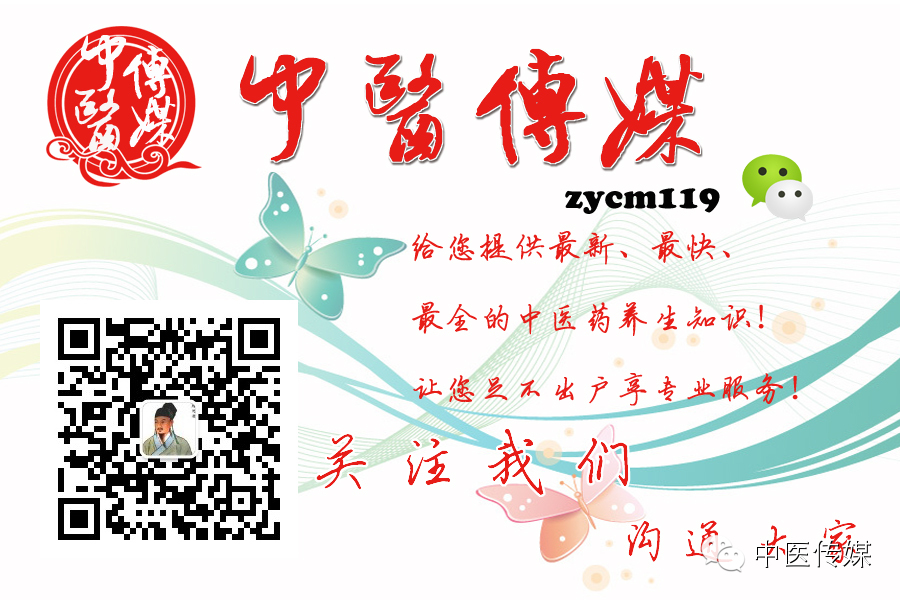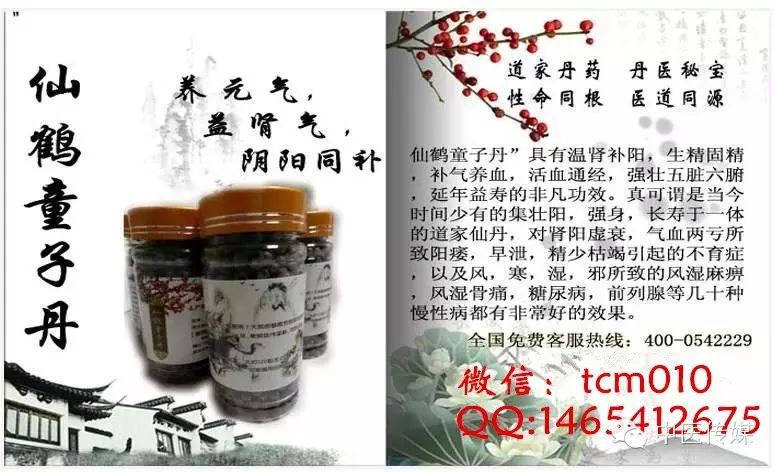

Summary: Individuals with a phlegm-damp constitution typically dislike drinking water. Some women with this constitution may drink a lot of water daily in pursuit of beauty, leading to discomfort, abdominal bloating, facial puffiness, swelling in hands and feet, weight gain, constipation, and phlegm-damp accumulation, characterized by obesity, a distended abdomen, and a greasy tongue coating.
I. Identification of Phlegm-Damp Constitution:
1. General Characteristics: Individuals with a phlegm-damp constitution often exhibit obesity, a soft and distended abdomen, oily skin, excessive sweating, chest tightness, phlegm production, a pale yellow complexion, slightly swollen eyelids, easy fatigue, a large tongue with a white greasy or sweet coating, a heavy body feeling, a preference for rich, sweet, and sticky foods, normal or loose stools, and infrequent or slightly turbid urination.
2. Physical Characteristics: Obesity with a soft and distended abdomen.
3. Common Manifestations: Oily skin, excessive sweating, chest tightness, phlegm production, a greasy or sweet mouth, a preference for rich, sweet, and sticky foods, a greasy tongue coating, and a slippery pulse.
4. Psychological Characteristics: Generally mild and steady personality, often patient.
5. Disease Tendencies: This constitution type is prone to hypertension (stroke), diabetes (thirst), obesity, hyperlipidemia, asthma, gout, coronary heart disease (chest obstruction), metabolic syndrome, and cerebrovascular diseases.
6. Adaptability: Poor adaptability to external environments, especially during the rainy season and in humid conditions.
II. Health Preservation for Phlegm-Damp Constitution:
1. Dietary Regulation:
① Recommended Foods: Choose foods that promote dampness elimination and phlegm resolution, favoring light and balanced meals. Increase intake of vegetables and fruits, especially those that strengthen the spleen, eliminate dampness, and resolve phlegm, such as white radish (bai luo bo), water chestnut (bi qie), seaweed (hai zhe), jellyfish (hai zhe), onion (yang cong), loquat (pi pa), ginkgo (bai guo), jujube (da zao), lentils (bian dou), coix seed (yi yi ren), red beans (hong xiao dou), fava beans (can dou), cabbage (bao cai), adzuki beans (chi xiao dou), carp (li yu), olives (gan lan), and radish (luo bo).
② Foods to Avoid: Limit intake of rich, greasy, fried, and barbecued foods, and avoid excessive alcohol consumption and overeating.
③ Lifestyle Recommendations: Maintain a regular daily routine, avoiding prolonged bed rest. Wear breathable clothing and seek sunlight exposure. In humid and cold climates, avoid cold rain and keep living spaces dry; do not reside in damp environments; be cautious of dampness during rainy seasons.④ Exercise: Individuals with a phlegm-damp constitution often experience obesity and fatigue, so regular physical exercise is essential. Activities such as walking, jogging, ball sports, swimming, martial arts, Ba Duan Jin (Eight Pieces of Brocade), Wu Qin Xi (Five Animal Frolics), and various dances are recommended. Gradually increase activity levels to transform loose flesh into firm, dense muscle. Pay attention to exercise rhythm and progress gradually to ensure safety; walking and jogging are also suitable options.⑤ Emotional Stability: Engage in social activities and cultivate diverse interests and hobbies. Arrange leisure activities reasonably to promote emotional well-being and enhance health.
2. Medicinal Health Preservation for Phlegm-Damp Constitution:
① Principles: The formation of phlegm-damp is closely related to the lungs, spleen, and kidneys, so the focus should be on tonifying these organs. If phlegm is due to the lungs failing to disperse and fluids accumulating, then lung-dispersing and phlegm-resolving methods should be employed.
② Representative Formulas: For phlegm due to spleen deficiency, use Liu Jun Zi Tang (Six Gentlemen Decoction) or Xiang Sha Liu Jun Zi Tang (Aromatic Sand Six Gentlemen Decoction); if kidney deficiency leads to water retention and phlegm, use Jin Gui Shen Qi Wan (Kidney Qi Pill).
③ Formula Components:
Er Chen Tang (Two Aged Decoction): This formula, originating from the Song Dynasty’s “Tai Ping Hui Min He Ji Ju Fang,” consists of Ban Xia (Pinellia ternata), Chen Pi (aged tangerine peel), Fu Ling (Poria), and Gan Cao (licorice). It is a traditional Chinese medicine formula that dries dampness, transforms phlegm, regulates qi, and harmonizes the middle. The name “Er Chen” comes from the preference for aged Ban Xia and Chen Pi in the formula.
Xiang Sha Liu Jun Zi Tang (Aromatic Sand Six Gentlemen Decoction): This formula, from “Kou Chi Lei Yao,” also known as “Shen Sha He Wei San,” includes Ren Shen (ginseng), Bai Zhu (Atractylodes), Fu Ling (Poria), Ban Xia (Pinellia), Chen Pi (aged tangerine peel), Huo Xiang (agastache), Gan Cao (licorice), and Sha Ren (amomum, roasted). It is used for spleen and stomach deficiency with symptoms of nausea, vomiting, poor appetite, or mouth sores.
Jin Gui Shen Qi Wan (Kidney Qi Pill): This formula, from Zhang Zhongjing’s “Jin Gui Yao Lue” in the Han Dynasty, is also known as Gui Fu Di Huang Wan (Cinnamon and Rehmannia Pill) or Ba Wei Di Huang Wan (Eight Flavor Rehmannia Pill). It consists of Fu Zi (prepared Aconite), Shu Di Huang (prepared Rehmannia), Shan Zhu Yu (cornus), Ze Xie (alisma), Rou Gui (cinnamon), Dan Pi (moutan), Shan Yao (Chinese yam), and Fu Ling (Poria). It has been used for a long time to treat cough, asthma, impotence, premature ejaculation, and chronic nephritis due to kidney yang deficiency.
3. Dietary Therapy for Phlegm-Damp Constitution:
① Water-Diuretic and Swelling-Reducing Porridge:
【Ingredients】 Coix seed (yi yi ren), red beans (chi xiao dou), lotus seeds (lian zi) in appropriate amounts, 50g of tremella (yin er), and a little white sugar.
【Preparation】 Soak all ingredients in clean water until expanded, wash, and set aside. In a pot, first cook glutinous rice, red beans, and lotus seeds until soft, then add tremella and cook until done, adding a little white sugar for flavor (can also be savory), and serve.
【Usage】 Consume as porridge.
【Effects】 Promotes diuresis, reduces swelling, nourishes qi and blood, and aids weight loss.
② Mung Bean and Coix Porridge:
【Ingredients】 1 tablespoon each of mung beans and coix seed, and a little honey.
【Preparation】 Wash mung beans and coix seed, soak in clean water overnight, discard the soaking water, and cook with fresh water until soft. Add a little honey for flavor when eating.
【Usage】 Consume as porridge.
【Effects】 Promotes diuresis, strengthens the spleen, dispels dampness, relieves muscle soreness, and clears heat and pus.
③ Huai Shan and Yu Zhu Old Duck Soup:
【Ingredients】 15g of Huai Shan (Chinese yam), 10g each of Shi Chang Pu (Acorus) and Yu Zhu (Polygonatum), 1 whole old duck, and appropriate amounts of ginger, pepper, and salt.
【Preparation】 Blanch the old duck in boiling water to remove blood, set aside. Wash Huai Shan, Shi Chang Pu, and Yu Zhu, bundle them in cheesecloth, and place them with the old duck in a pot. Add ginger slices and enough clean water, and simmer until the duck meat is tender. Season with salt and pepper.
【Usage】 Serve as a side dish.
【Effects】 Soothes the heart, calms the spirit, relieves phlegm, clears stagnation, opens the mind, and nourishes the heart and blood.
④ Tian Qi Ginseng Chicken Soup:
【Ingredients】 200g of chicken, a little Korean ginseng, 5g of Tian Qi (Notoginseng), 2 slices of ginger, and appropriate salt.
【Preparation】 Wash and slice the chicken and ginger. Wash and slice the ginseng and Tian Qi. Place chicken, ginseng, Tian Qi, and ginger in a steamer with enough boiling water, and steam for 3 hours, seasoning with salt before serving.
【Usage】 Serve as a side dish.
【Effects】 Stops bleeding, invigorates blood circulation, and alleviates pain.
⑤ Winter Melon, Coix, and Cuttlefish Soup:
【Ingredients】 200g of cuttlefish, 250g of winter melon, 20g of coix seed, and appropriate salt.
【Preparation】 Wash winter melon with skin and cut into pieces; soak coix seed in clean water for half an hour; wash cuttlefish, remove bones, and take the meat. Place coix seed in a soup pot, add enough clean water, bring to a boil, then simmer for 20 minutes. Add winter melon and cook until transparent, then add cuttlefish and season with salt.
【Usage】 Serve as a side dish.
【Effects】 Lowers lipids and blood pressure, nourishes yin, and enriches blood.
⑥ Ling Zhu Wine:
【Ingredients】 1kg of Bai Zhu (Atractylodes) and 0.51kg of Fu Ling (Poria).
【Preparation】 Peel and crush the herbs, soak in 10L of running water for 30 days, then strain and ferment with appropriate rice and yeast to make wine, or use 0.5kg of Bai Zhu, 0.25kg of Bai Fu Ling, and 2.5L of yellow wine, soak for 10 days, then strain and set aside.
【Usage】 Serve as a side dish. Take 1-2 cups on an empty stomach three times a day.
【Effects】 Reduces abdominal bloating, improves digestion, alleviates diarrhea, relieves phlegm cough, and reduces edema with difficulty in urination.

Micro Promotion

 Please follow us!!!
Please follow us!!!
